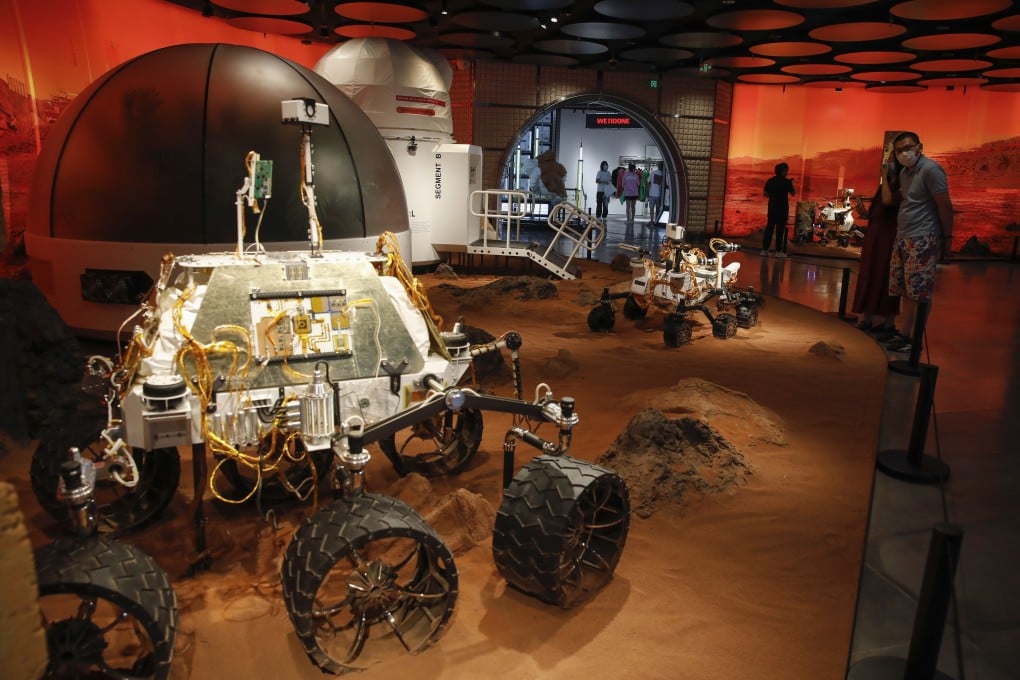Editorial | World should back China’s Mars mission
- Mankind can only benefit from peaceful competition to extend and deepen our knowledge of the universe. It is no place for space wars

While the coronavirus pandemic might have disrupted the rhythm of life on Earth, man’s mission to explore space and unlock the secrets of the universe seems not to have missed a beat.
Evidence of that is the launch last Thursday of China’s first independent mission to Mars, a milestone in an integral part of the Chinese dream – building a world-class space programme.
It marked the second flight to Mars in a week, after a United Arab Emirates orbiter blasted off on a rocket from Japan on Monday, while the United States is aiming to launch its latest and most sophisticated Mars rover yet.
The Chinese probe, named Tianwen-1, or literally “questions to heaven” in Mandarin, is the most scientifically comprehensive mission to investigate Martian structure, geology, mineralogy, space environment and soil and water-ice distribution, according to Chinese scientists.

What also sets it apart is that China is fast-tracking the process by launching an orbiter, a lander and a rover on the same mission instead of stringing them out. “Tianwen-1 is going to orbit, land and release a rover all on the very first try, ” the scientists said. “If successful, it would signify a major technical breakthrough.”
